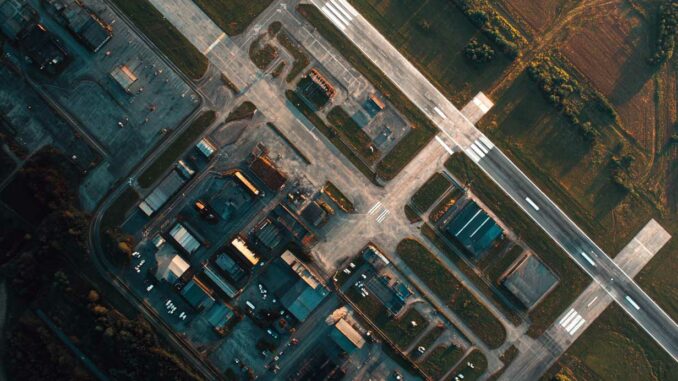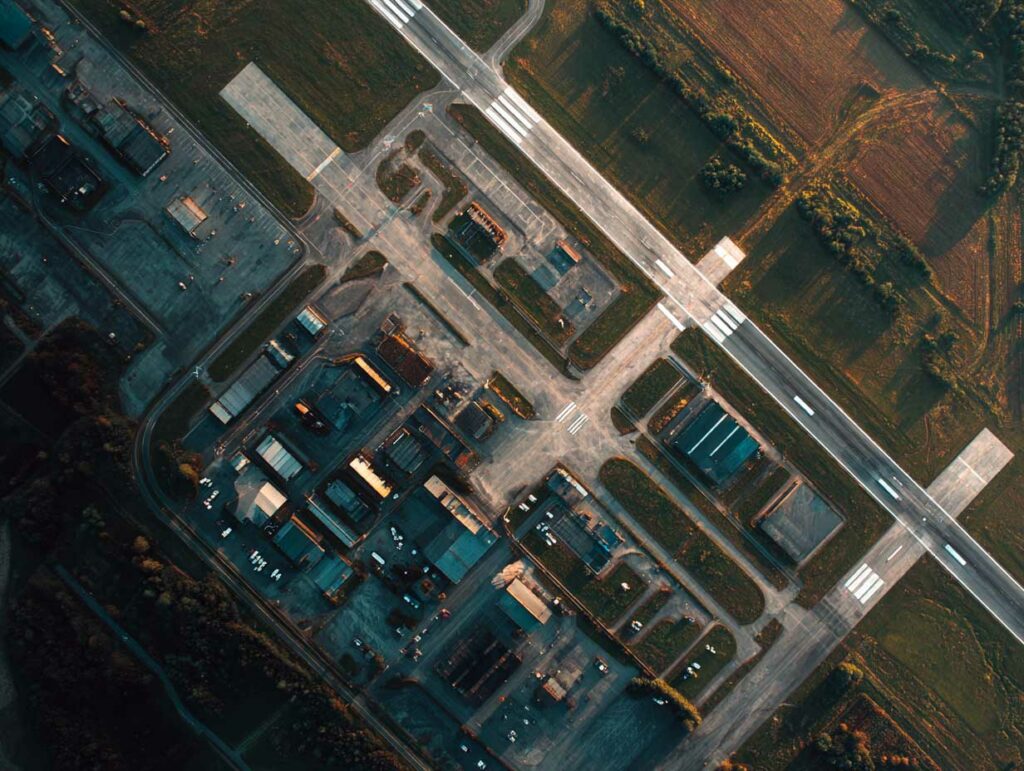
Toulouse is home to France’s first space air base, strengthening military space operations in a tense geopolitical context.
On July 2, 2025, France officially inaugurated its first space air base in Toulouse, consolidating its ambition to structure its military space operations within a permanent and autonomous framework. This initiative follows the creation of the Space Command (CDE) in 2019 and marks a new step in the integration of the orbital dimension into French defense plans. The ceremony was held at Place du Capitole, in the presence of the Minister of the Armed Forces and the Chief of Staff of the Air and Space Force.
The base will be attached to the Air and Space Force, but will have operational autonomy and technical structures specific to surveillance, command and military action in the space environment. Located at the Balma site near Toulouse, it will benefit from direct synergy with industrial and institutional players in the sector, such as CNES, Airbus Defence and Space, Thales Alenia Space, and the ArianeGroup infrastructure.
This article provides a detailed analysis of the strategic function of this base, the resources that will be deployed there, its location in Toulouse, and the political and industrial implications of this new milestone in France’s strategic autonomy in space.
A unique structure dedicated to French space operations
The Toulouse space air base is not simply an administrative redefinition. It is a new type of operational command designed to centralize all French military actions in outer space. This model has no exact equivalent in Europe. It is partly inspired by the United States Space Command and the structures of the US Space Force, while adapting its operations to French realities, both budgetary and doctrinal.
This base will operate under the direction of the Space Command (CDE), which currently has nearly 400 personnel, with a target of 600 to 700 by 2030. The main missions will cover:
- Space surveillance (surveillance of satellites, debris, suspicious orbital trajectories).
- Threat assessment in geostationary orbit or low altitude.
- Management of military space programs, in conjunction with the DGA.
- Operational support to the armed forces, including space-based intelligence, communications, geolocation, and early warning.
This base will notably operate resources such as the GRAVES system, capable of detecting objects larger than 10 cm at over 1,000 km, the YODA nano-satellite surveillance program, and the Syracuse IV telecommunications satellites.
The challenge is clear: to provide France with autonomy in assessing the space situation, the ability to respond with information or even physical force in the event of an attack on its assets in orbit, and the coordination of joint forces using space as a relay or source of information.
The strategic choice of Toulouse: proximity, density, industrial continuity
The location of this space air base in Toulouse is based on industrial, strategic, and political considerations. As the European capital of aeronautics, Toulouse boasts a unique ecosystem: more than 15,000 engineers and technicians specializing in space, a strong presence of the CNES and DGA, major private players, and a high-level academic network.
Locating this base near Toulouse, on the Balma military site, will make it possible to:
- Centralize human and technical resources in a single area.
- Accelerate development cycles in conjunction with industry.
- Ensure an organic link with CNES, whose dual civil-military role is essential in French orbital planning.
- Limit logistics and infrastructure costs by integrating into an already secure and partially developed site.
The geographical proximity to satellite assembly lines, clean rooms, trajectory simulators, and orbital analysis data centers significantly reduces program implementation times. In terms of sovereignty, this choice also allows critical systems to be kept under direct national control without geographical dependence on foreign service providers.
Finally, as the Occitanie region has benefited from significant investment in the aerospace industry, this facility is also part of a strategy of industrial continuity and amortization of public investment.

A changing legal and strategic framework
The opening of the Toulouse space air base comes at a time when international rivalries in low and geostationary orbit are intensifying. Since 2020, France has officially classified space as a confrontation zone, which profoundly changes the national military posture.
This base is therefore becoming a command center and a legal tool, in line with the 2024-2030 Military Programming Law, which allocates $6 billion for space capabilities. French doctrine is now based on three pillars:
- The resilience of French space capabilities against interference, jamming, or attacks.
- The capacity for active defensive action, including through kinetic or cyber means.
- Autonomy in decision-making and intelligence via sovereign sensors.
The base will serve as a hub for coordinating French military space assets with European efforts (the IRIS² program) and with NATO allies, notably Germany, Italy, and the United States. However, France has clearly stated its intention to retain operational command of its space assets under national authority.
This base is also linked to an evolving legal framework. International space law, dominated by the 1967 Outer Space Treaty, does not regulate military responses to hostile acts in space. France is therefore betting on anticipating a change in international law by equipping itself with a legal and operational structure capable of dealing with it. It has taken a clear position: the passive militarization of space is a fact, and failure to respond would be strategically dangerous.
The industrial and geopolitical implications of French space militarization
The creation of the Toulouse base cannot be separated from the acceleration of global space militarization. The United States announced in 2024 that it would expand its orbital warfare capabilities. China is testing aggressive co-orbital capabilities, notably via the Shijian-17 and Shijian-21 satellites. Russia, despite its economic difficulties, is continuing to test the interception of space objects.
In this context, France is taking a position with modest but consistent resources. The French military space budget is around $1 billion per year, compared to $27 billion for the US Space Force. This asymmetry does not allow for direct confrontation, but justifies a targeted technological anticipation approach based on specialization, targeted deterrence, and multilateral cooperation.
The Toulouse base is thus becoming a testing ground for new doctrines: maneuverable satellites, orbital interceptors, space jamming, and cyberdefense of onboard systems. France’s position is therefore pragmatic: it aims to protect its vital interests (military communications satellites, strategic observation, nuclear alerts) while maintaining strategic autonomy in an increasingly contested orbital environment.
The Toulouse base is not a technological showcase. It is an operational, political, and industrial tool designed to cope with an unstable and competitive environment. It structures a national capability capable of entering into strategic dialogue with the major space powers, without aligning itself, but without naivety.
War Wings Daily is an independant magazine.